(Pakdestiny.com) Yet another post-divorce interview and the publication is again is that of Britain.
Reham discloses in her interview with The Guardian that says she still loves Imran., “I felt compelled to make a graceful exit hoping that the unimaginable pressure on my husband would cease and he could focus on his mission. Love isn’t always about hanging on. Sometimes it’s about letting go,” she said.
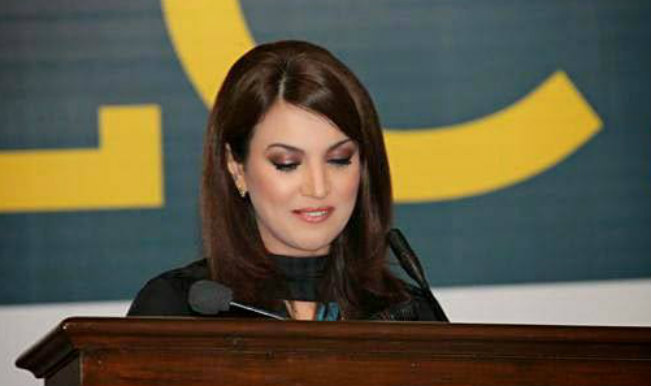
“Then the news of my marriage to Imran Khan, Pakistan’s cricket star turned politician, broke in January this year, my sister joked that the way I was being introduced in the press – as talaaq yafta (divorcée) – seemed to almost be a qualification, like a degree. I was described by the media as a divorced mother-of-three while, unsurprisingly, my husband’s previous marriage to Jemima Goldsmith was not discussed. I watched in dismay how the media spared no personal details to feed their bulletins – including flashing my children’s birth certificates on their screens. Where they found no information, they liberally filled in the blanks with their own imaginations.”
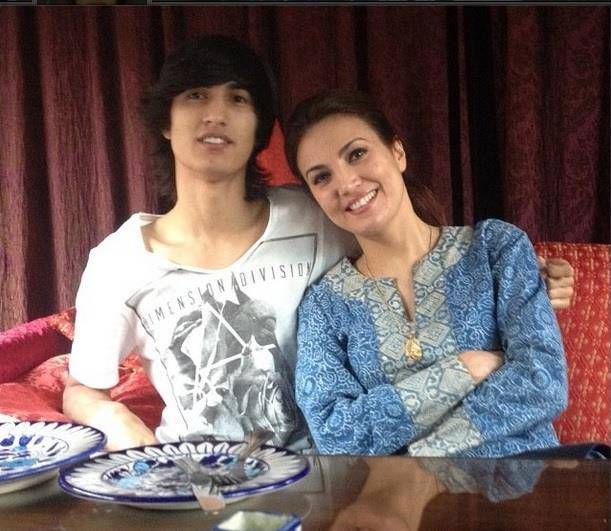
She said now, since the announcement of our divorce was made last month, while I was abroad, quite a few things have dawned on me. One, I’m not as intelligent as I think. Two, the sad realisation that, if you’re a woman, it doesn’t matter how educated you are, how enviable your income might be or how confident and high-achieving you are. A poor, uneducated woman and I are both vulnerable to the same risks: any man can throw mud at you, can abuse you, can call your character into question and get away with it without having to prove anything. Fathers, brothers, husbands and sons often lead the way in the brutal slaughter of a woman’s basic rights – all in the name of “love” and “protection”.
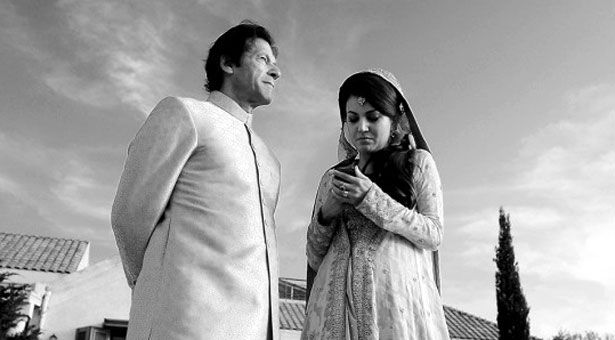
Back in January, as Imran and I arrived home from our walima reception in Islamabad, I was told that we would be sitting together to give our first-ever TV interview as newlyweds. Totally unprepared, without even having the chance to change out of my bridal outfit, I was put on the hot seat to face millions of people. The anchor sprang a surprise: he said his research had shown that I had been a victim of domestic violence in my first marriage. Unprepared for a question no one had ever asked me before – about a traumatic memory that I had locked away – I tried to answer in a balanced fashion and said: “I’m not scarred by my experience of domestic violence. It is a huge issue, though. I have never spoken about my own experience before, but this issue needs a lot of awareness.”
The following day, my first husband denied the allegations and said my answer was a complete lie. I was advised by Imran’s political party, Pakistan Tehreek-e-Insaf (PTI), not to respond.
This became the beginning of the end of the woman I had been; a woman who had defied oppression, who had never confined herself to stereotypes, suddenly in a position where she was expected to conform to traditional behaviour associated with Pakistani political wives and first ladies. Everything that I stood for – from women’s rights, social freedom, independence of thought and a voice of one’s own – had to be compromised. And I willingly did so, out of love. A “celebrity couple” wants the same things that an average couple wants and can have similar domestic problems. Admittedly, because we were in the public eye, everyone felt they had a right to get involved in our private affairs. Marrying a man most people have become accustomed to seeing as the country’s foremost bachelor compounds the problem further. Women in our society generally complain of an interfering mother-in-law or sister-in-law, but being the national bhabi (sister-in-law), meant the whole country was my susral (in-laws); it meant everyone had a say.
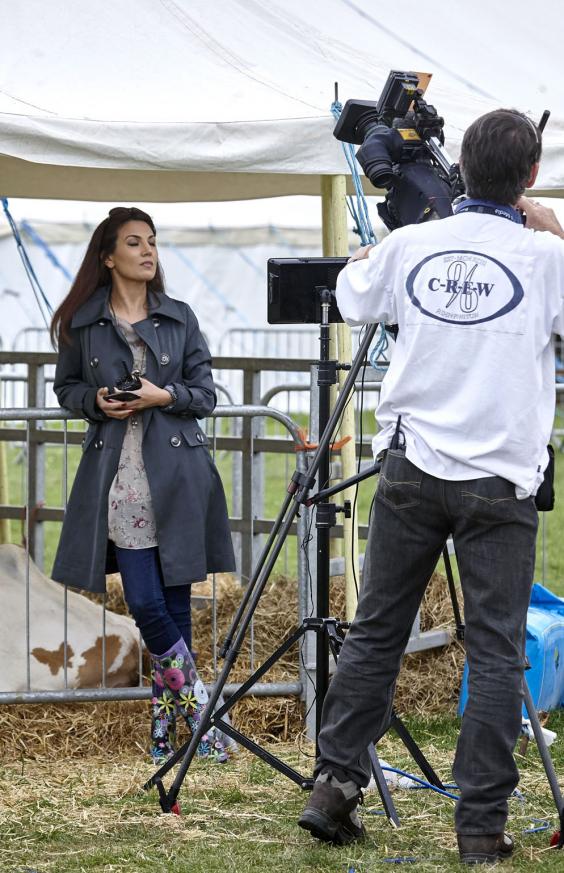
To me, now, it feels as if the value of a wife’s love and devotion is worthless. The price of a stamp is all you need as a man in Pakistan to shut the doors of your house to a woman who had made it a home. The decision to take away a roof from a woman’s head can be made in a flash. At 42 and after two marriages, it’s back to square one. Things that you leave behind are insignificant – they can be bought again. But the faith in humanity and the faith in love that you lose can never be replaced.
The striking fact is that in the 10 years previous that I was unmarried and on my own (two of those years in Pakistan), I felt more secure and protected. I went and got married to the strongest man in the land, idolised by millions, only to face a barrage of abuse. In the end, being Mrs Imran Khan couldn’t protect me. Even the divorce announcement couldn’t stop the hate campaign waged in the press to demolish my character. It still surprises me how people I have never met and who are sitting miles away, are capable of giving reliable information about me. I wasn’t aware of the extra eyes and ears inside my bedroom. People who can’t pronounce my name have become authorities on my character, finding it perfectly acceptable to degrade me on national television. It wasn’t the ease with which the vitriol poured from the press, it was the complacency with which the nation watched it day after day that confirmed a deep-rooted misogyny. As I met different diehard professional female PTI supporters, I urged them to come forward and become active in politics. The answer was always the same: “Look at what they are doing to you! We cannot tolerate the attacks you put up with.”
I have been asked constantly why my marriage ended after just 10 months: was it because of the media scrutiny? Or was it the interference of Imran’s advisors? Is it possible that family disapproval played a part? The answer: none of the above.
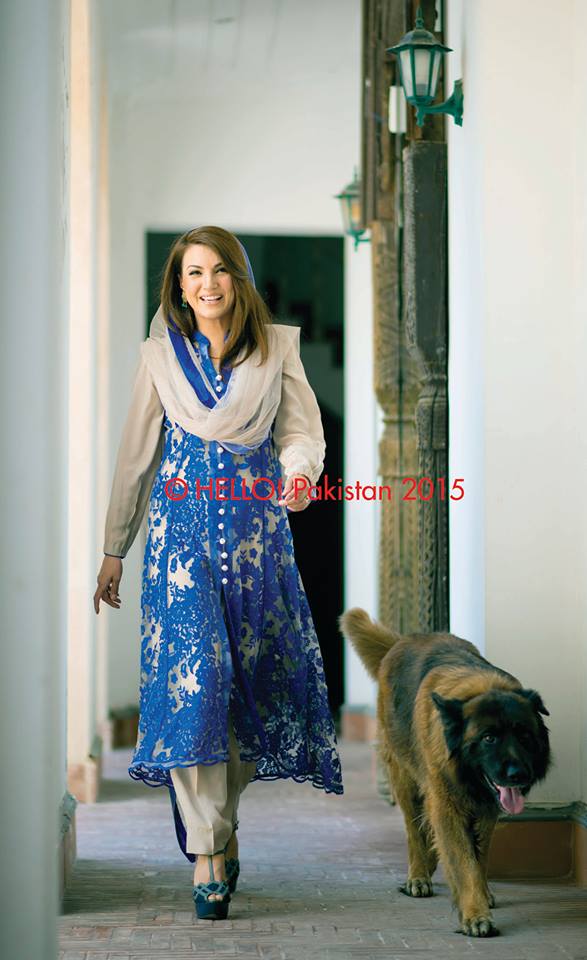
A bond that is strong can withstand any attack, rumour or pressure. It was no one but us who were responsible for the relationship’s breakdown. We are both mature adults who, between us, have an accumulated wisdom of more than a hundred years. It happened because we allowed it to happen. In the absence of any serious differences of opinion or unreasonable demands, if a bond breaks that easily, it means it has not been cemented together with strong communication. Conjecture about what the reason was, who was behind it and when it was triggered is pointless.
I have always felt it was my duty to protect my family. After Imran became family, I defended him in every way. When my campaign appearances for the PTI were criticised, I disappeared from the public eye. From both our Twitter accounts we clearly stated that I would never have a role in the party. But that wasn’t enough to put a stop to the censure. And so, I felt compelled to make a graceful exit hoping that the unimaginable pressure on my husband would cease and he could focus on his mission. Love isn’t always about hanging on. Sometimes it’s about letting go. Pak Destiny






